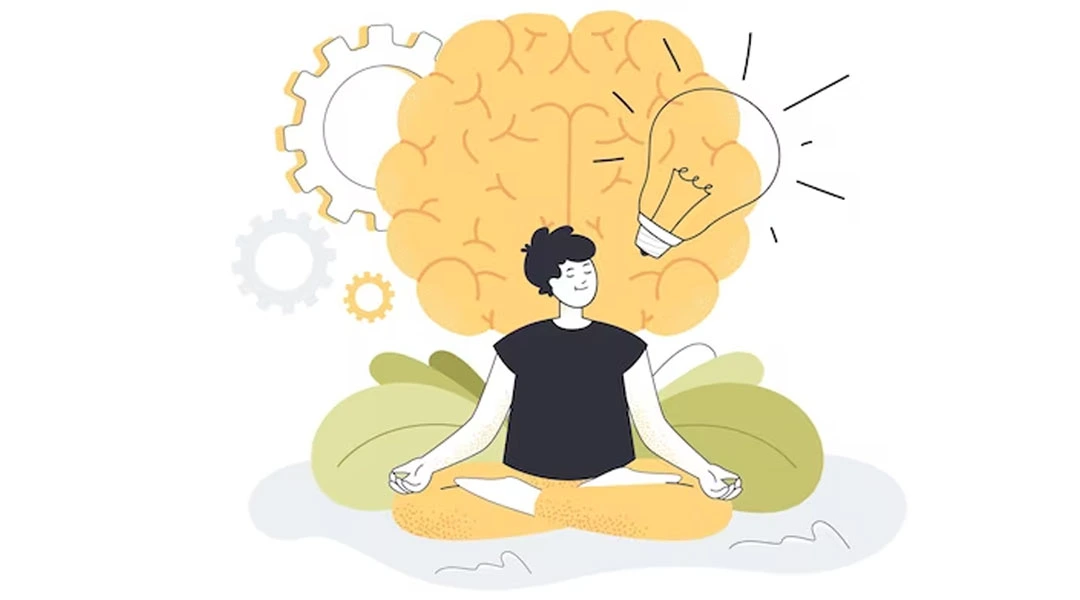We are all aware of how important exercise is to keep our bodies in good shape. But did you realise that exercise and mental health are interconnected?
Exercisers have higher levels of mental and emotional health as well as reduced rates of mental illness, according to a study. It suggests that exercise reduces the risk of developing mental illness. It also seems to work well in treating some mental health conditions like anxiety and depression. As an illustration, research suggests that exercise can be equally as effective for mild-to-moderate depression as antidepressants or psychiatric treatments like cognitive behavioural therapy. The addition of exercise to other forms of treatment is effective.
Yash Birla, the fitness guru, says that
exercise has a significant impact on mental health and emotional well-being
. Engaging in regular physical activity has been shown to have numerous positive effects on the mind, including:
- Reduced symptoms of depression and anxiety: Exercise has been proven to alleviate symptoms of depression and anxiety. Physical activity stimulates the release of endorphins, which are neurotransmitters that enhance mood and reduce feelings of stress and sadness.
- Improved cognitive function: Exercise has a positive impact on cognitive abilities such as memory, attention, and processing speed. It promotes the growth of new nerve cells and increases blood flow to the brain, leading to improved cognitive function and overall mental sharpness.
- Stress reduction: Physical activity is an excellent way to manage and reduce stress. Exercise helps lower the body’s stress hormones, such as cortisol, and triggers the release of endorphins, which act as natural stress relievers. Regular exercise can provide a healthy outlet for managing stress and promote a sense of calmness and relaxation.
- Enhanced self-esteem and self-confidence: Engaging in regular exercise can boost self-esteem and self-confidence. As you achieve your fitness goals, whether it’s increasing strength, improving endurance, or reaching a desired weight, it can provide a sense of accomplishment and improve your perception of self-worth.
- Better sleep: Exercise can enhance and better sleep by regulating sleep patterns. Physical activity raises body temperature, and the subsequent drop in temperature after exercise can promote better sleep. Additionally, exercise reduces anxiety and promotes relaxation, making it easier to fall asleep and experience restful sleep.
- Increased resilience to stress: Regular exercise helps build resilience to stress by providing a buffer against its negative effects. Physical activity can improve your ability to cope with and adapt to stressful situations, making you more resilient in the face of challenges.
- Social interaction and support: Participating in group exercise classes or team sports can foster social connections and provide a support system. Social interaction has its own mental health benefits, including reducing feelings of isolation, improving mood, and boosting overall well-being.
Yash Birla highlights that it’s important to note that while exercise can be a powerful tool for promoting mental health, it should not replace professional treatment for mental health conditions. However, incorporating regular physical activity into one’s routine can be a valuable complement to other forms of therapy and support.








[…] or schedule that incorporates your new habits. Whether it’s setting a specific time for exercise, meal planning, or mindfulness practice, having a routine can make it easier to stick to your […]